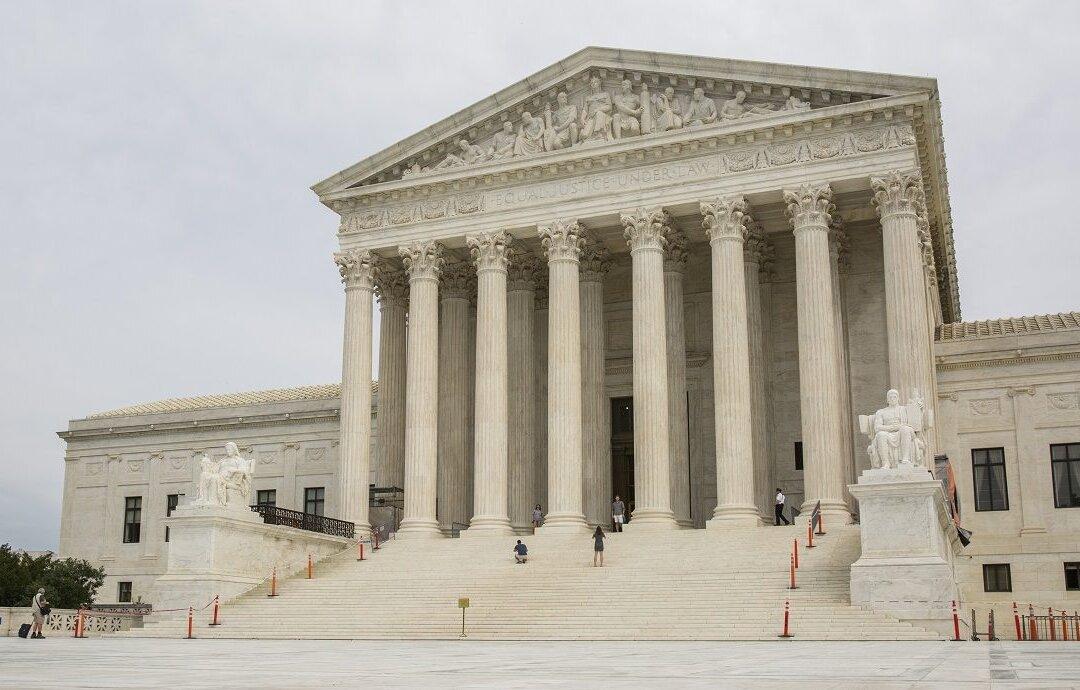The Supreme Court on May 28 upheld an Indiana law that prohibits abortion providers from discarding aborted children’s bodies and body parts together with used needles and lab animal carcasses.
The nation’s top court overturned a decision by the 7th Circuit Court of Appeals that ruled the Indiana law was irrational and unconstitutional.





